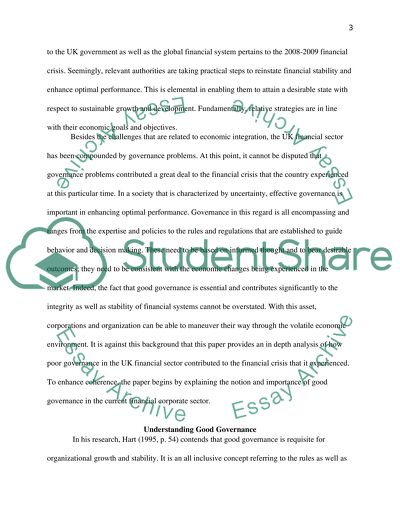Cite this document
(“Financial Crisis in the UK Banking Sector Essay”, n.d.)
Retrieved from https://studentshare.org/law/1448402-the-financial-crisis-took-place-in-banking-in-both
Retrieved from https://studentshare.org/law/1448402-the-financial-crisis-took-place-in-banking-in-both
(Financial Crisis in the UK Banking Sector Essay)
https://studentshare.org/law/1448402-the-financial-crisis-took-place-in-banking-in-both.
https://studentshare.org/law/1448402-the-financial-crisis-took-place-in-banking-in-both.
“Financial Crisis in the UK Banking Sector Essay”, n.d. https://studentshare.org/law/1448402-the-financial-crisis-took-place-in-banking-in-both.


